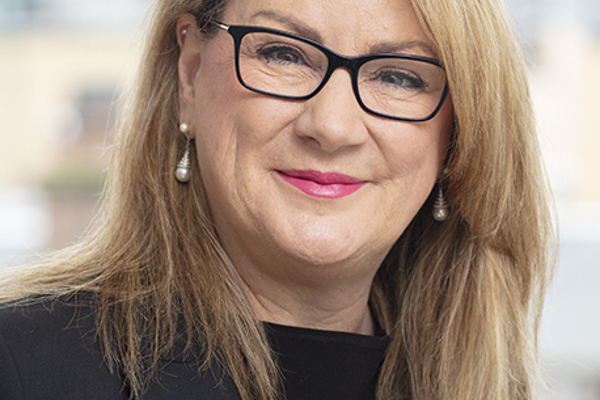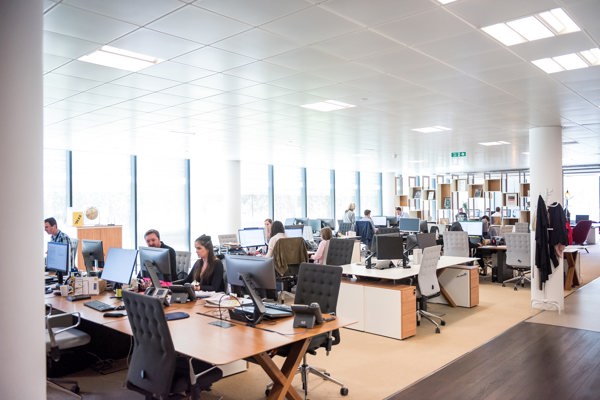What initially attracted you to working in the banking sector, and how have your motivations for staying with the firm evolved throughout your trainee to partner journey?
As a trainee in banking, I had a really varied workload, working on structured and real estate finance transactions as well as asset and invoice finance and ship financing deals. The work was fast paced and I enjoyed the diversity of projects I was involved in. There was great camaraderie in the banking team and I had a brilliant support network in the firm. The partners encouraged me to do business development and to build my network from day one.
I've stayed for the same reasons that I took the job in the first place - a huge variety of work, high profile clients, loads of opportunities and a team that is a joy to work with.
Throughout your journey from trainee to partner, what were the most crucial skills or qualities you developed that have contributed to your success?
- Throughout my career I've benefited from a number of secondments to some of our leading banking clients. Those opportunities definitely helped me to better understand what clients want from their legal adviser and that it is crucial to balance the commercial reality with the legal theory. Understanding the legal issue from the client's perspective is so important when giving legal advice.
- Time management skills are essential. In a transactional based practice area, balancing completions and deadlines with urgent work can sometimes feel daunting. Being able to prioritise tasks and keep on top of the "to do list" is a necessity.
- Have a sense of humour - we spend a huge number of hours in our lifetime working. It is so important to have fun along the way.
Looking back on your career journey, is there a specific milestone or achievement that you are particularly proud of?
A couple of years after becoming a partner I was asked to join the Managing Board of the firm and about a year after that, I was asked to take on the role of Corporate Divisional Manager, responsible for the management of the corporate and banking teams. I remember thinking I didn't have enough experience to do the DM role justice but our chief executive persuaded me otherwise and over 4 years on, I think it is probably my biggest achievement. I admit, I had massive imposter syndrome to begin with and it was a huge learning curve, but it gave me a new challenge and allowed me to develop a new skillset. It also supports the fact that notwithstanding how long I've been at the firm, there have always been opportunities for further personal development.
How has the firm's approach to supporting and empowering women in the workplace evolved over the years, and what do you believe has contributed to these positive changes?
I've been asked this question previously and I have said before that I genuinely believe this firm has always been ahead of the game when it comes to supporting women in the workplace. Whilst I acknowledge that 20 years ago we didn't have as many women in leading roles as we do now, we still had a significant number, many of whom were inspirational to me when I was a junior lawyer. They showed me that it was possible to move up the ranks and be as successful as you want to be. I do hope that other more recent initiatives, such as employee resource groups for women and flexible working are also having a positive impact. It is crucial that we continue to understand the barriers that may exist and do what we can to overcome them.
As a partner, you play a significant role in mentoring junior lawyers. What advice would you give to those starting their legal careers?
Have an open mind in relation to what law you want to specialise in. I hadn't particularly enjoyed corporate law at university and I'd done no banking law at all prior to my traineeship so it was the area I was keen to avoid but I ended up enjoying it the most. You often find the practice is different from the theory so don't rule anything out, and see each trainee seat as an opportunity to find out more.
I would also say to take every opportunity that comes your way, whether that is helping at an event being run by the firm, accompanying a team member to a business development event (or going solo), organising a social event, joining an employee resource group. Whatever it might be, immerse yourself in the experience, get to know as many people as you can both internally and externally. The people you meet in the early stages of your career will become your business network of the future.


